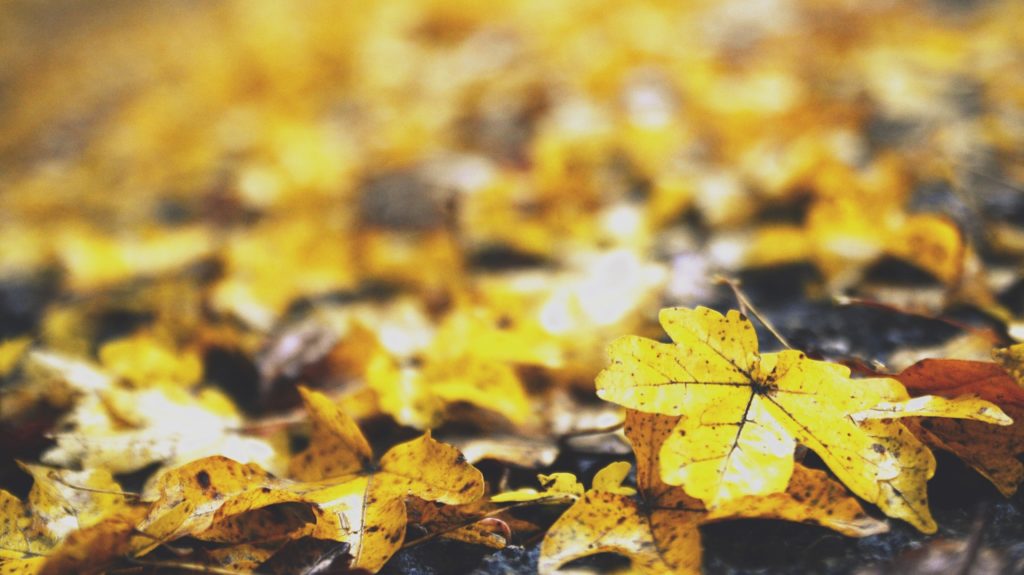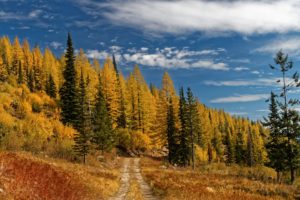There has been a lot to be sad about this year. Grief, stress, and fear sparked by so much unknown. As our world has morphed into a new kind of reality, we had to find ways to adapt and new coping strategies. As shops, restaurants, schools and universities, museums and parks, music and art, and so much more closed or limited access, the ways we share, experience and interact have changed.
We have had to adjust to changes never before seen or experienced.
But the S.A.D. I’m writing about here is a different kind of sad. Around this time of year, some of us will experience mild or even severe changes in our emotional state of mind, even if we’ve never suffered from depression otherwise. Hemingway could be describing this shift as the season changes.

You expected to be sad in the fall. Part of you died each year when the leaves fell from the trees and their branches were bare against the wind and the cold, wintery light…
Ernest Hemingway, A Moveable Feast
Around this time of year, I often talk to my clients about this certain kind of sadness that starts to show up in Autumn. According to the Mayo Clinic, “Seasonal affective disorder (S.A.D) is a type of depression that’s related to changes in seasons — SAD begins and ends at about the same times every year. If you’re like most people with SAD, your symptoms start in the fall and continue into the winter months, making you feel sad and moody. Less often, SAD causes depression in the spring or early summer.”
It is important to not overlook S.A.D., as it can be debilitating and cause worrisome symptoms. Don’t brush off that yearly feeling as simply a case of the “winter blues” or a seasonal funk that you have to tough out on your own. Take steps to keep your mood and motivation steady throughout the year. Treatment for SAD can include light therapy (phototherapy), psychotherapy, and at times supplements such as Vitamin D and medications.
Please do not feel you have to “just get over it”, or “hunker down until it passes.” Please ask and reach for help and support.

According to WebMed, while we don’t know the exact causes of S.A.D., some scientists think that certain hormones made deep in the brain trigger attitude-related changes at certain times of year. Experts believe that SAD may be related to these hormonal changes. One theory is that less sunlight during fall and winter leads to the brain make less serotonin, a chemical linked to brain pathways that regulate mood. When nerve cell pathways in the brain that regulate mood don’t function normally, the result can be feelings of depression, along with symptoms such as fatigue and weight gain.
These times, when the universal stress is so high, we may tend to overlook this seasonal depression as there is so much more going on. But it is important to be aware and practice good self care, especially if we are trying to navigate these times alone!!
Simply from our unprecedented times, many are feeling anxiety, overwhelm, fear, and at times even hopelessness and helplessness. As our election looms, no matter what side you are on, the sense of division and separation are so strong that the pull becomes unbearable at times.
Reach out for help when you need it. There are hotlines and counseling centers, and therapists that are available online, more then ever before. NOW more than ever it is so important to find ways to cope. I call it finding the “eye of the hurricane”, finding a peace of mind where you can rest, regroup, and find hope.
Maybe it is creating regular zoom time with family and friends, maybe even connecting with those you had no time to connect with as they were so far away. There are also other way to manage anxiety and stress. Research and my own experience, including my experience with my clients, is that regular practices of mindfulness, meditation, keeping a gratitude journal, as well as healthier eating and better sleeping can all help us maintain a sense of peace as we weather this storm.

Gratitude is important. There is also much to be grateful for. In the midst of all the chaos that has landed in 2020, there are moments of grace and redemption. Seeing how communities are getting organized to assist those in needs, learning about family and friends being there for each other’s grief and fear, at the toughest time. I am grateful for the always present beauty in nature. Being out in the mountains of Idaho and Montana this summer reminded me that even though my passion is far away travel and discovering foreign lands, there is much to experience and explore closer to home.
I invite you to share your own story of these tough times, and the ways you have coped and survived, and also how you became creative and even found meaning.
One day it will all be behind us. One day it will be an intense story to tell. Let’s remind each other that we are in this TOGETHER.
Be well, stay safe, and keep in touch
Virtual Hugs, Hope, and Much Love,
~Dalia
Hold Me Tight® is a registered trademark to Sue Johnson.
